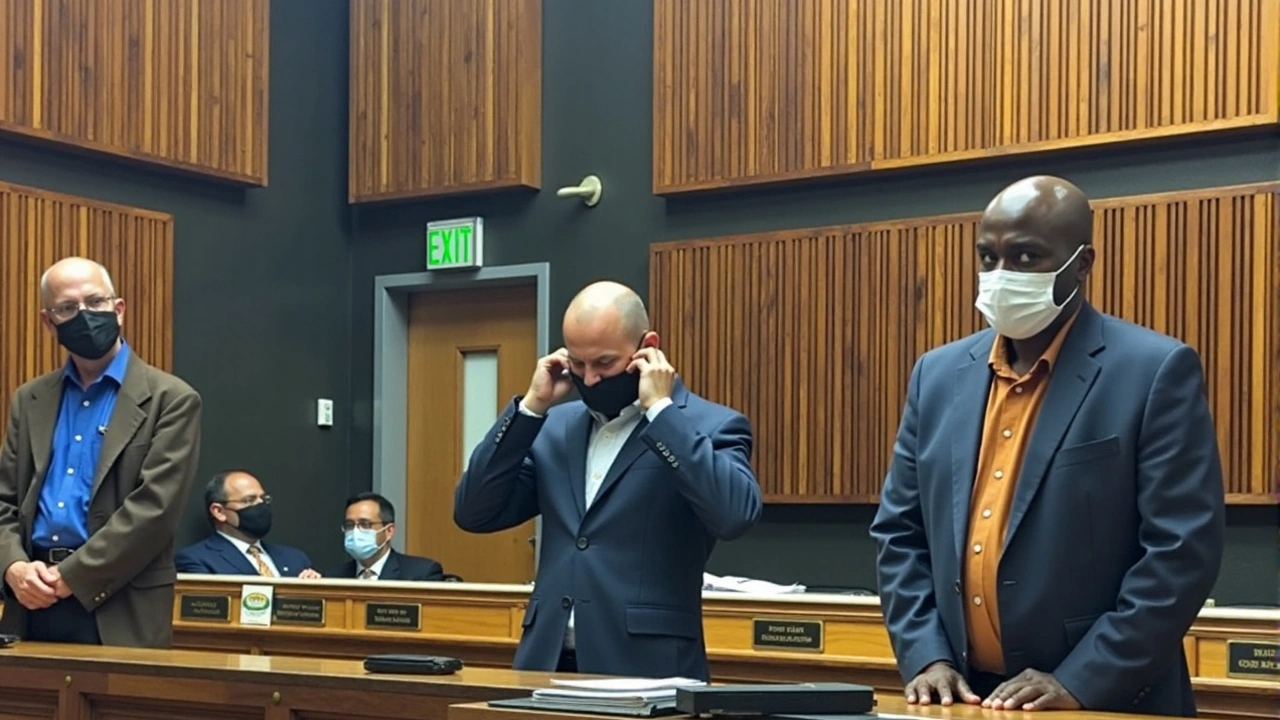Understanding Extradition and Its Role in Justice
Ever wonder what happens when someone accused of a crime flees to another country? That's where extradition steps in. Simply put, extradition is the legal process where one country asks another to hand over a person facing criminal charges or already convicted. It’s a key tool for fighting crime beyond borders and making sure justice is served.
Extradition usually happens through treaties between countries. These agreements set clear rules about which crimes qualify and the procedures to follow. Common serious offenses like fraud, murder, and drug trafficking often fall under extradition treaties. Each country’s laws also matter, making the process a careful balance between respecting sovereignty and ensuring criminals don’t slip away.
How Extradition Works in Practice
When a suspect is found in a different country, the requesting nation files an official demand. The requested country then checks if the request follows its laws and international rules before deciding to comply. Courts might get involved to review the case, making sure the suspect’s rights are respected. This step is crucial because extradition isn’t automatic—there are protections against political persecution or unfair trials.
Sometimes, extradition can take months or even years. That’s because of the detailed investigations and legal challenges involved. For example, if a country’s law says it won’t extradite someone if they face the death penalty, the requesting country might need to guarantee fair treatment first.
Why Extradition Matters to You
This process helps keep countries safer by catching fugitives who cross borders to escape the law. It also supports international cooperation and trust. Whether you hear about a high-profile case or local news involving extradition, understanding how it works gives you a clearer picture of justice in action worldwide.
In a world where crime doesn’t respect borders, extradition is one of the few tools that bridges gaps between countries, making sure that running far away is no way to dodge responsibility.
